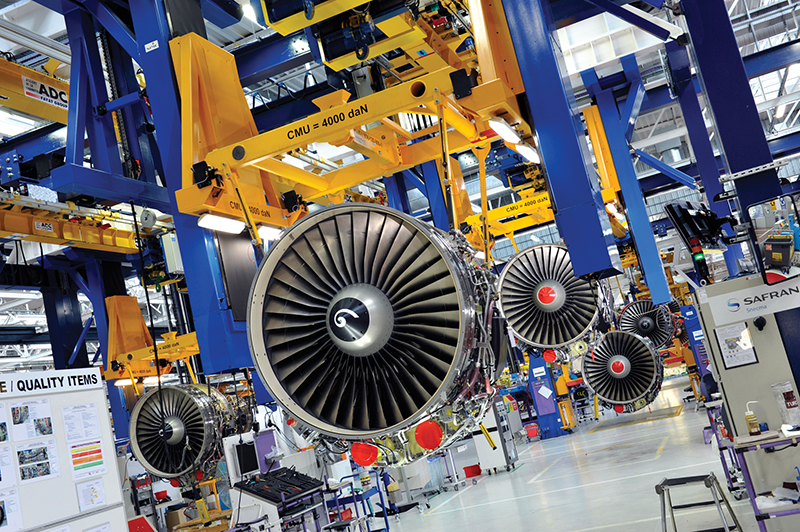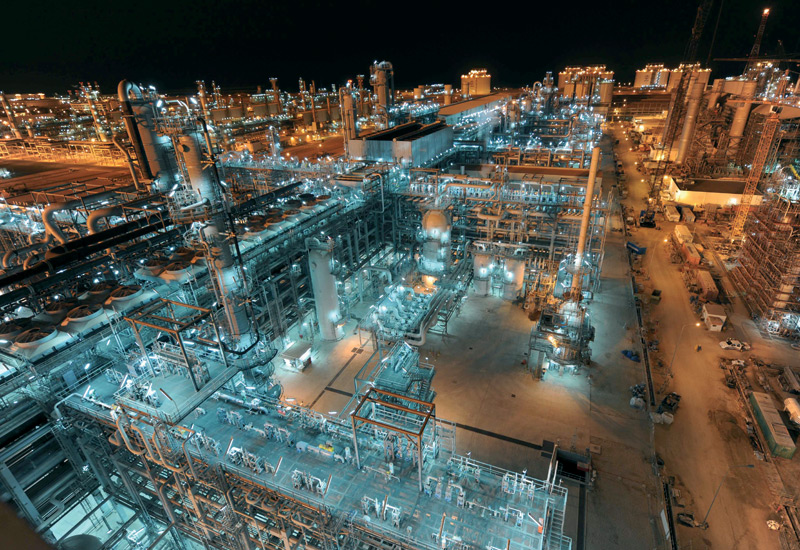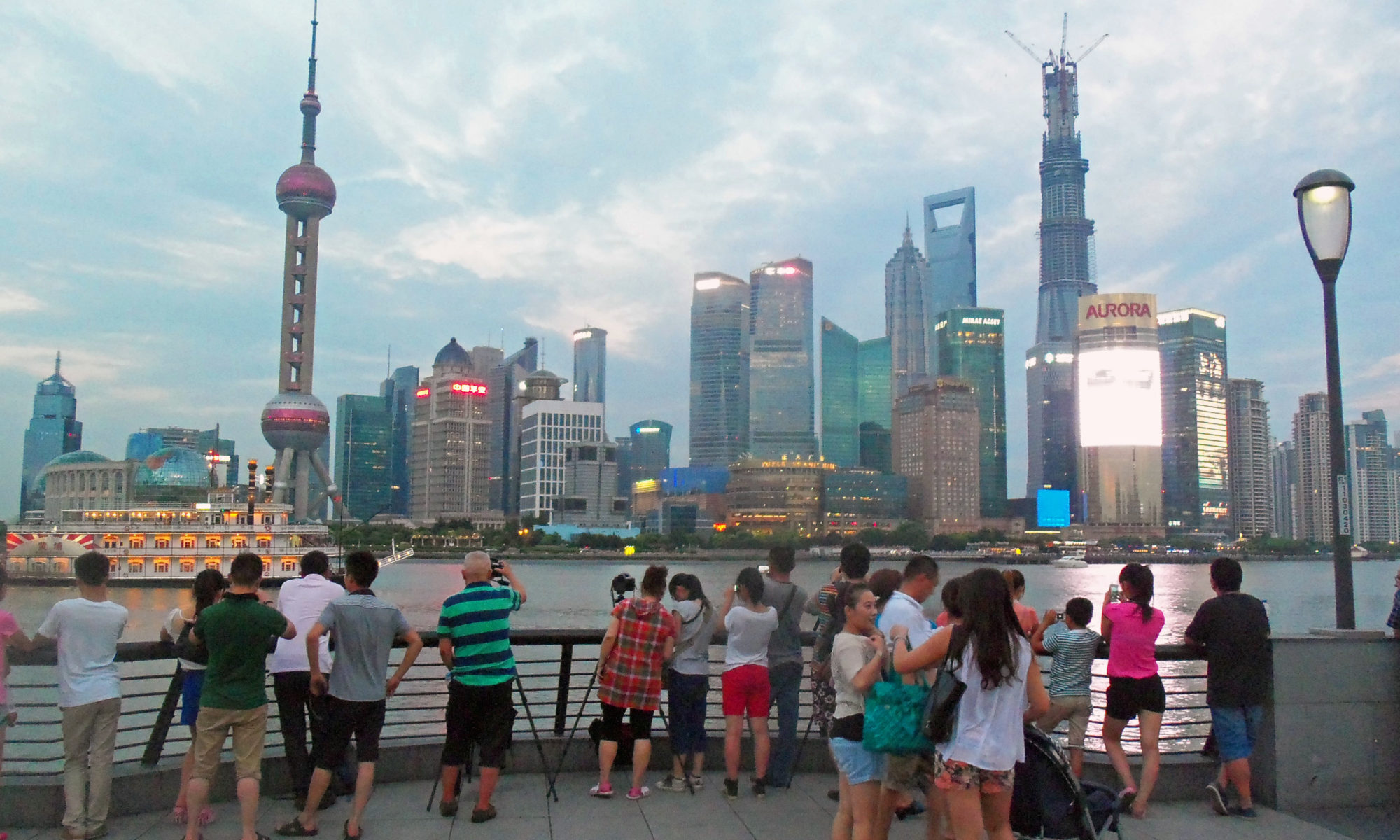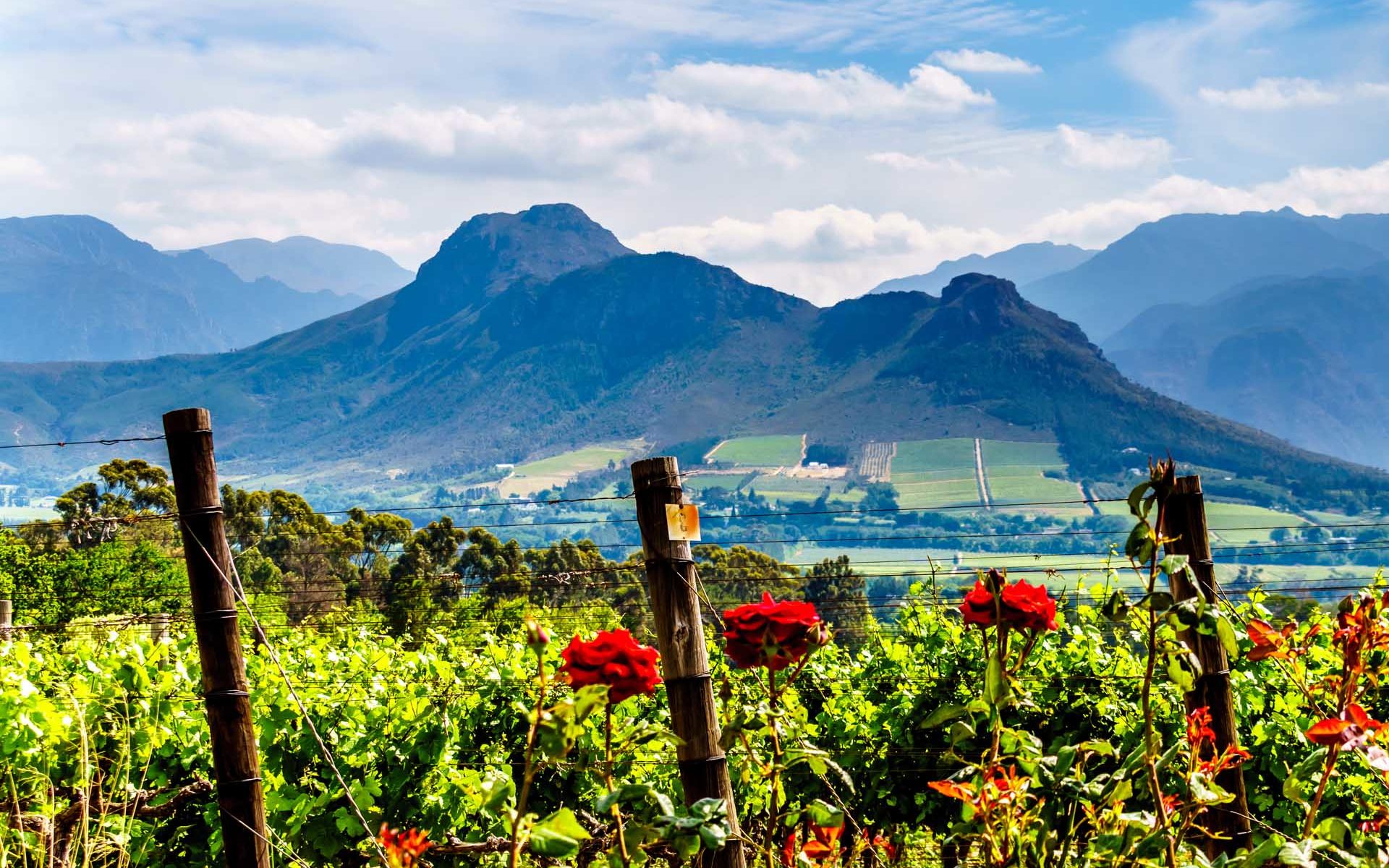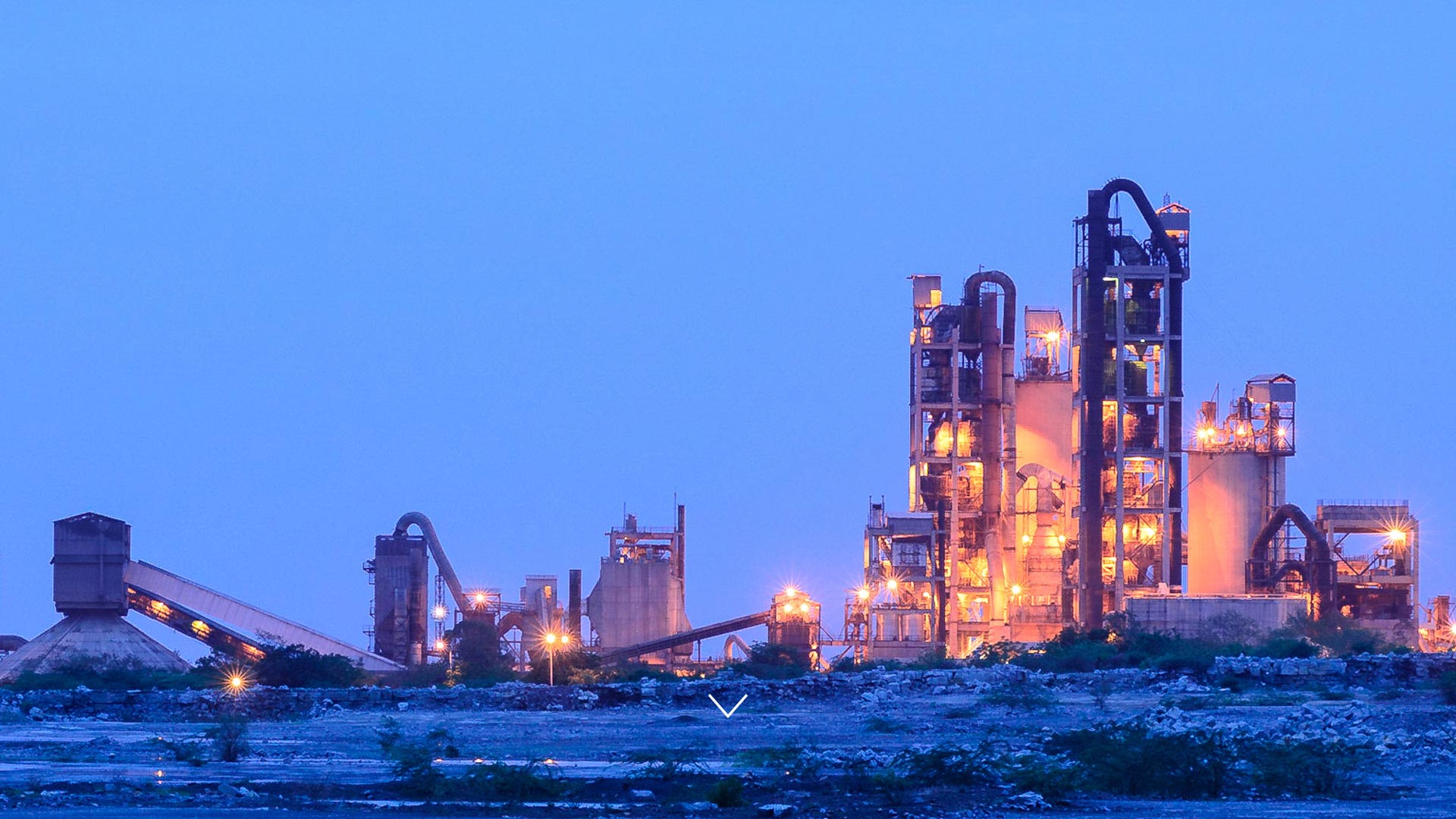The newly resuscitated Iraq National Oil Company (INOC) has been authorised by the government in Baghdad to directly negotiate with U.S. oil giant, Chevron, for it to develop the long-delayed Nasiriyah oil field in the southern DhiQar province, according to several domestic news sources.
The idea of developing the 4.36 billion-barrel Nasiriyah oilfield has been mooted by a rapid succession of governments in Iraq since it was discovered by INOC in 1975. The original plan to develop the field on a standalone basis was shelved in the lead-up to the Iran-Iraq war that began in 1980 and lasted until 1988. The field eventually came on-stream in 2009 and was listed on the 2009-2010 fast-track development plan, which aimed to raise its output to at least 50,000 bpd in the first phase.
In the first half of 2009, Chevron was one of four international oil companies (IOCs), along with Italy’s ENI, Japan’s Nippon Oil, and Spain’s Repsol, to be invited to submit bids to develop the field on an engineering procurement construction (EPC) contract basis. The Japanese consortium led by Nippon Oil, and comprising Inpex, and JGC Corporation, then looked set to win the contract before negotiations broke down again.
In 2014, a serious push was made to resuscitate the development of the Nasiriyah field within the broader scope of the ‘Nasiriyah Integrated Project’ (NIP) that also included the development of adjunct lesser oil sites to the main Nassiriyah site and the construction of a 300,000 barrels per day (bpd) refinery. Bids for this wider project were encouraged by the government-ordered changes to the original Iraq technical service contract (TSC) that were aimed at addressing the concern of many IOCs that saw the contract model as falling short of the production sharing contracts model that they preferred.
Unlike the previous contracts, the new TSC variant offered investors a share in project revenues, but only when production began, and the Oil Ministry would pay recovery costs from the date of commencement of work. This differed from the previous contract where the costs were only paid when the contractor raised production by 10 per cent. This said, investors would still have to pay 35 per cent taxes on the profit they made from the Nassiriya project, the same amount as in previous deals.
At that point in 2014, the international engineering and construction firm Foster Wheeler had already completed a front end engineering and design study for the refinery, and 12 potential bidders were on the list. These comprised: India’s Reliance Industries, Oil and Natural Gas Corp, and Essar Oil, Russia’s Rosneft, Lukoil, and Zarubezhneft, France’s Total, and Maurel & Prom, China’s CNPC, the U.S.’s Brown Energy, a Japanese joint bidding team from JGC and Tonen General, and South Korea’s GS Engineering & Construction.
Given longstanding IOC concerns about legal, accounting, and financial transparency in Iraq, this 2014 initiative to develop the Nassiriyah oil field foundered. As summarised by the independent international non-governmental organisation, Transparency International (TI), in its ‘Corruption Perceptions Index’, Iraq demonstrates: “Massive embezzlement, procurement scams, money laundering, oil smuggling and widespread bureaucratic bribery that have led the country to the bottom of international corruption rankings, fuelled political violence and hampered effective state building and service delivery.”
In 2017, China relaxed its directive of the previous two years to all state-owned hydrocarbons companies to cut budgets. From the Iraqi side, this coincided with a fresh impetus for expediting as much production from the south of the country ahead of the chaos in oil supplies from the north that was likely to result (and did) from Kurdistan’s independence referendum to be held in September.
These factors then led to China’s Sinopec and PetroChina proposing a deal that would see the NIP being rolled out as part of the broader ‘Integrated South Project’ (ISP). The ISP (later rebranded as the ‘South Iraq Integrated Project’) aimed to boost output across Iraq’s southern oilfields, and also to build out related infrastructure, including pipelines, transport routes, and the construction of the Common Seawater Supply Project (CSSP).
“The Chinese said that they would spend US$9 billion on the [NIP-related] refinery and the first phase of developing Nassiryah but as, under the terms of Iraqi oil contracts, the Iraqis would have to pay back this cost to the Chinese from the value of oil recovered,” a source who works closely with Iraq’s Oil Ministry told OilPrice.com. “The initial reaction from the Oil Ministry was to decline the offer, and to say that the development should only cost around US$4 billion, which the Chinese in turn flatly turned down.”
The Chinese had other demands that grated on Iraq at that time as well. “China also wanted its firms to receive their costs back in a much shorter timeframe than most other similar projects,” said the source. “This meant that they were effectively asking for a per barrel remuneration fee at a 15 per cent premium to the highest maximum fee being paid to any company in Iraq for a regular crude oil producing field, which was US$6 per barrel to PetroChina for al-Ahdab,” he added. “This would mean that the Chinese would get around US$6.90 per barrel, more than [Angola’s] Sonangol for its heavy oil extraction at Najmah [US$6 per barrel] and Qairayah [US$5 per barrel] and would dwarf the US$1.49 per barrel that [Malaysia’s] Petronas was getting for the same type of field of Gharraf,” he told OilPrice.com. “China also demanded that it was given [Iraq] dinar-denominated government-backed bonds for the entire amount [US$9 billion] that could be cashed in if the development did not start to generate large amounts of oil quickly,” he underlined.
Given the negative history of dealing with China over the Nassiriyah project and the fact that Russia is occupied elsewhere in the country and the region, the U.S. might be in an unusually positive position to take a significant role in either the Nassiryah field development alone or in the broader NIP. This has been bolstered by the apparent willingness of Iraq’s de facto leader – radical Shiite cleric Moqtada al-Sadr – to engage with U.S. ally, Saudi Arabia, and by the shift in tone from one key player in Iraq’s influential al-Hakim family.
Whether this shift in attitude towards doing substantial and enduring business with the U.S. across its oil, gas, and petrochemicals sectors is genuine, or whether it is just the usual games-playing by Baghdad to keep the money flowing from Washington, remains to be seen but the slew of deals signaled recently appear propitious at this stage.
Source:https://www.iraq-businessnews.com/2021/11/19/chevrons-oil-deal-with-iraq-is-one-to-watch/

